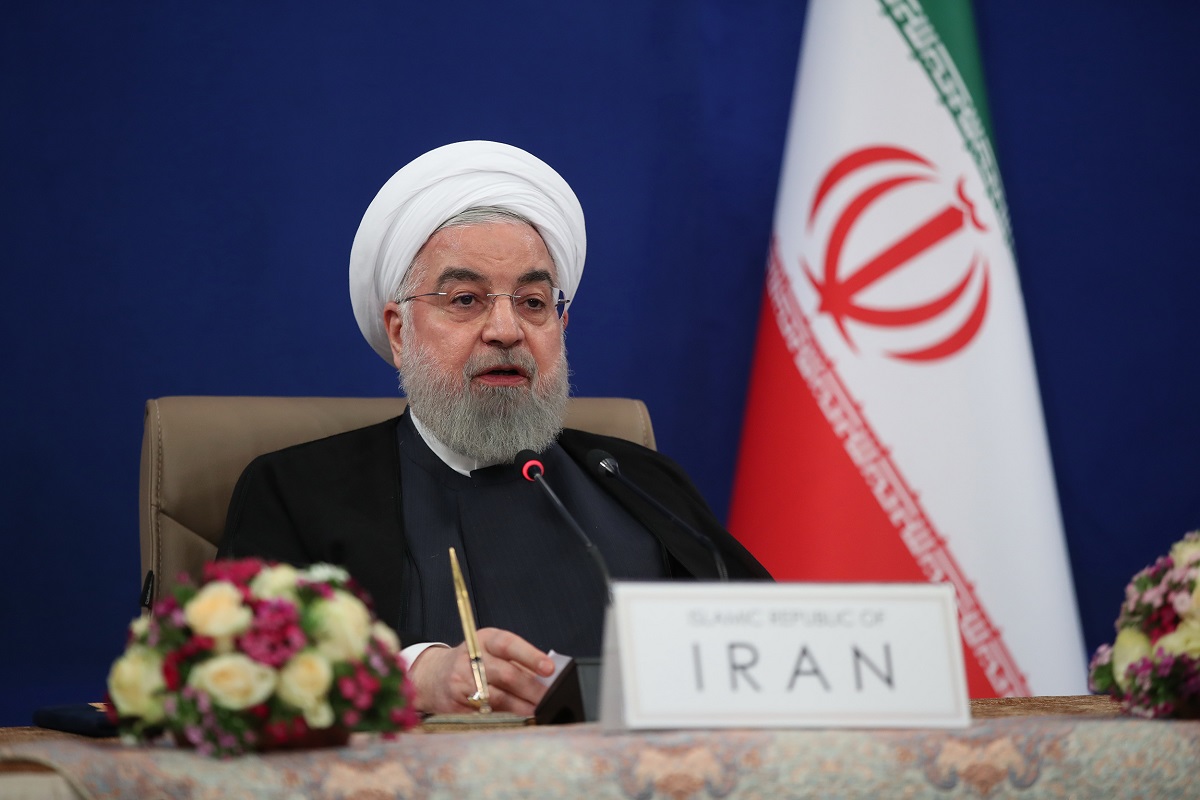Ayatollah Ali Khamenei, the Supreme Leader of Iran, verily the man who has the final say on all matters of state ~ from the profoundly theocratic to the unnerving nuclear proliferation ~ has eventually made the country’s position clear.
He has indicated what he calls “Tehran’s final and irreversible decision” on the issue in an effort to stem the raging controversy. Specifically, the country will comply with the 2015 nuclear deal only if America lifts the sanctions on the Islamic Republic. It is pretty obvious that Donald Trump’s withdrawal from the agreement, concluded by six Western powers, has been less than convincing to the Iranian establishment.
Advertisement
It would be useful to recall that the multinational deal with Iran had limited the country’s uranium enrichment operations. This, it was generally perceived, would make it difficult for Iran to develop nuclear arms in return for the easing of US sanctions. As it turned out, Trump had abandoned the deal in 2018, debunking the agreement as onesided in Iran’s favour. Nay more, he had reimposed the sanctions that have crippled the embattled country’s economy. Khamenei’s robust enunciation of the Iranian perspective will obviously resonate on either side of the Atlantic, pre-eminently in Europe and America.
The fact that he has set the terms of nuclear engagement ~ and not President Hasan Rouhani ~ reaffirms the hierarchy in Iran. “Iran,” Khamenei said, “has fulfilled all its obligations under the deal, not the United States and the other European countries. If they want Iran to return to its commitments, the United States must in practice lift all sanctions,” the Supreme Leader is reported to have told commanders of Iran’s air force. “After verifying whether all sanctions have been lifted correctly, we will return to full compliance. This is the irreversible and final decision and all Iranian officials have consensus over it.”
The nub of the issue must be that in response to Trump’s withdrawal, Iran has violated the deal’s “key limits”. It has built up its stockpile of low-enriched uranium, has refined uranium to a higher level of purity with the use of advanced centrifuges for enrichment. The government in Tehran has often reiterated that that it would quickly reverse such violations if US sanctions are withdrawn. In parallel, it has ruled out talks on the country’s ballistic missile programme.
Yet another factor in the situation is Tehran’s influence in the Middle East, a chronic storm-centre where Iran and Saudi Arabia have for decades been involved in proxy wars. As Joe Biden proceeds to calibrate a dramatic shift in foreign policy, notably to jettison the legacy of Trump, it is as yet uncertain whether the incumbent at the Oval Office will accord priority to return to the deal. It would be reasonable to expect Mr Biden not to insist on “maximum pressure” on Iran, as did his predecessor, post the pullout from the nuclear deal. On the first anniversary of the pandemic, the world can scarcely afford renewed ferment.











